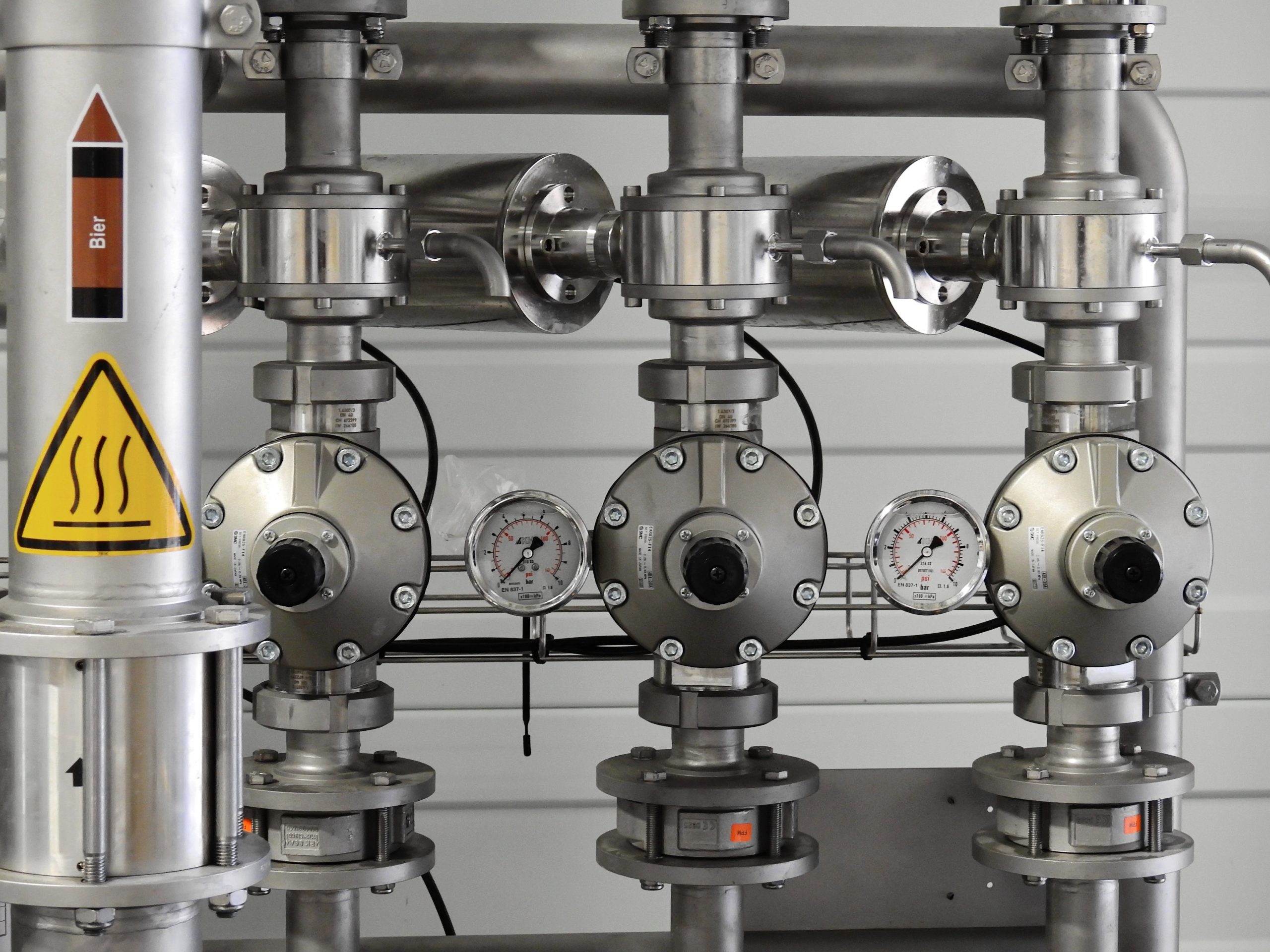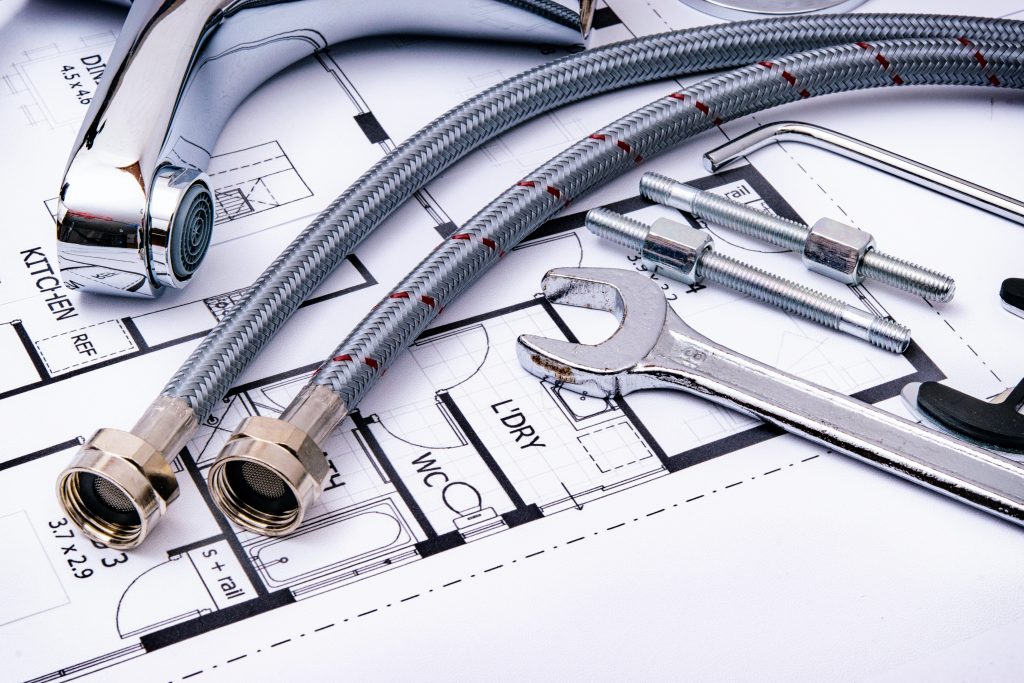Non-potable
This water can be used for non-potable applications such as irrigation, flushing toilets, and washing cars. Plumbers also design and install greywater systems that treat wastewater from sinks, showers, and washing machines and reuse it for non-potable applications.we will provide an overview of plumbing codes and regulations in the USA, why they are important, and what you need to know to ensure compliance.
Vital role
Plumbers play a vital role in promoting energy efficiency in buildings. Plumbers design and install energy-efficient hot water systems such as solar hot water systems and heat pump systems that reduce energy consumption. Plumbers also design and install water recirculation systems that reduce the amount of water wasted while waiting for hot water to arrive at the faucet.
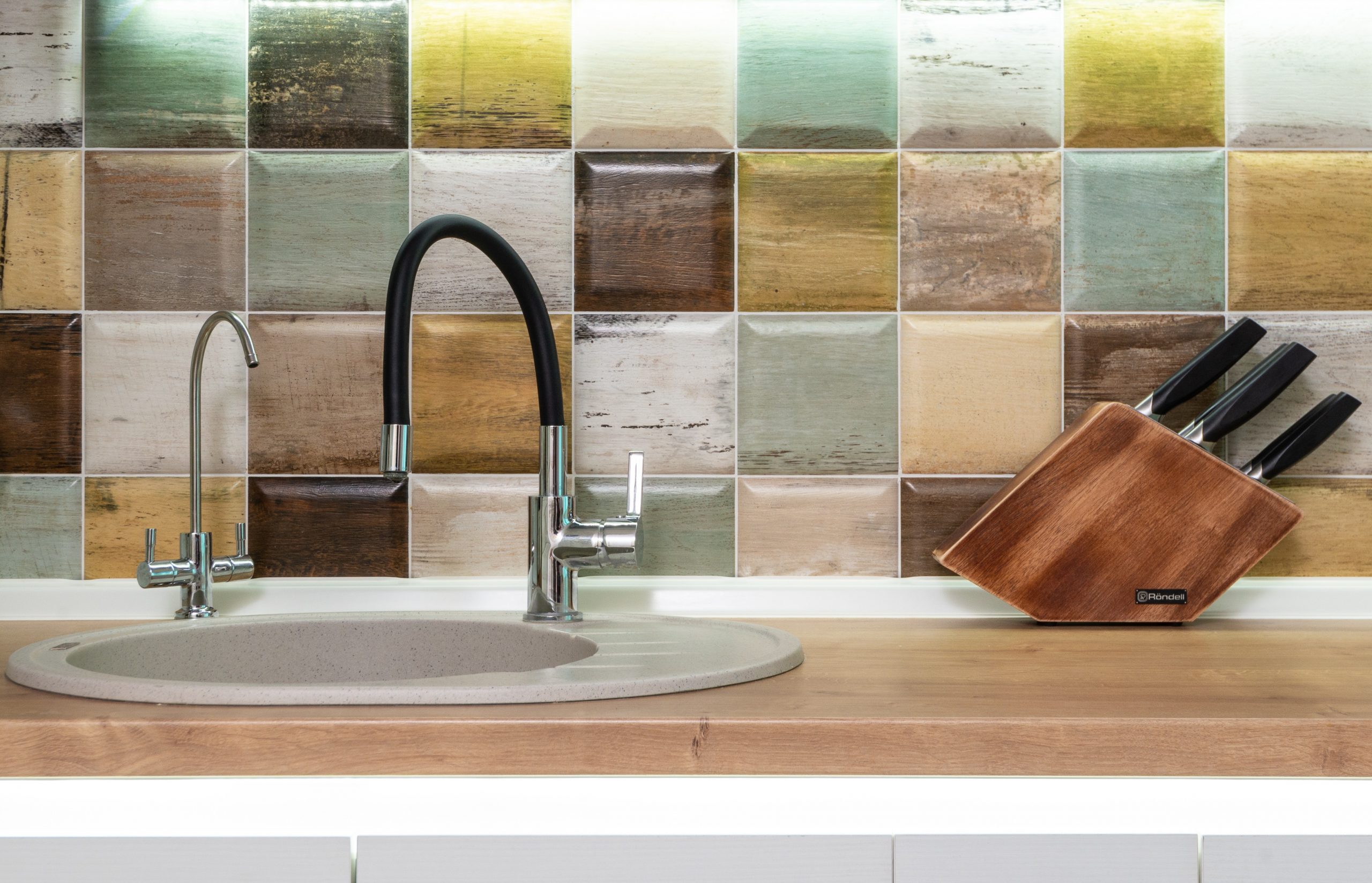
Wastewater Treatment
Plumbers play a critical role in wastewater treatment in buildings. Plumbers design and install septic systems and sewer systems that collect and treat wastewater. Plumbers also design and install on-site wastewater treatment systems that treat wastewater on-site and reuse it for non-potable applications.
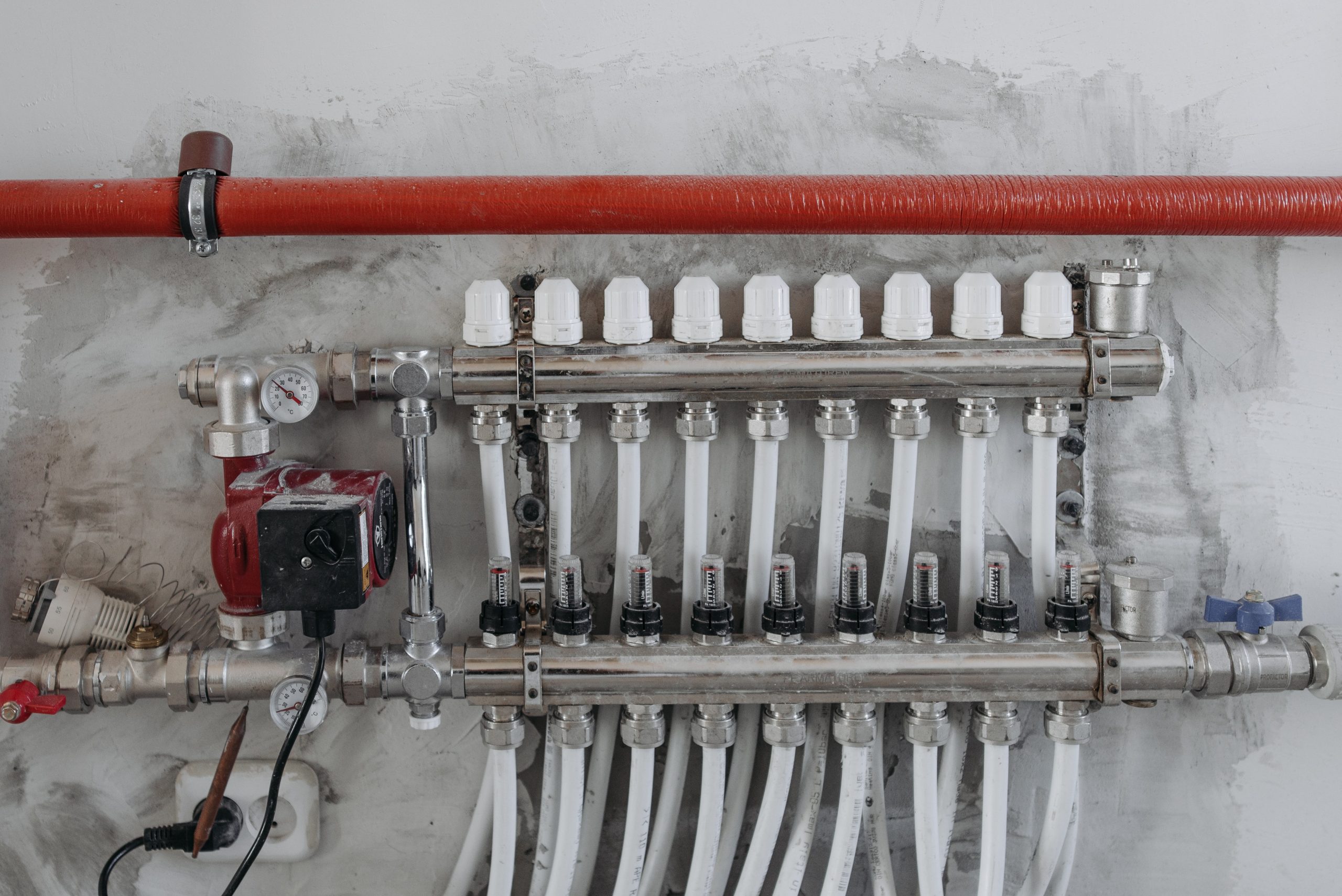
Green Plumbing
Green plumbing is an approach to plumbing that focuses on reducing the environmental impact of plumbing systems. Green plumbing promotes water conservation, energy efficiency, and the use of renewable energy sources. Plumbers can become green plumbers by getting certified.
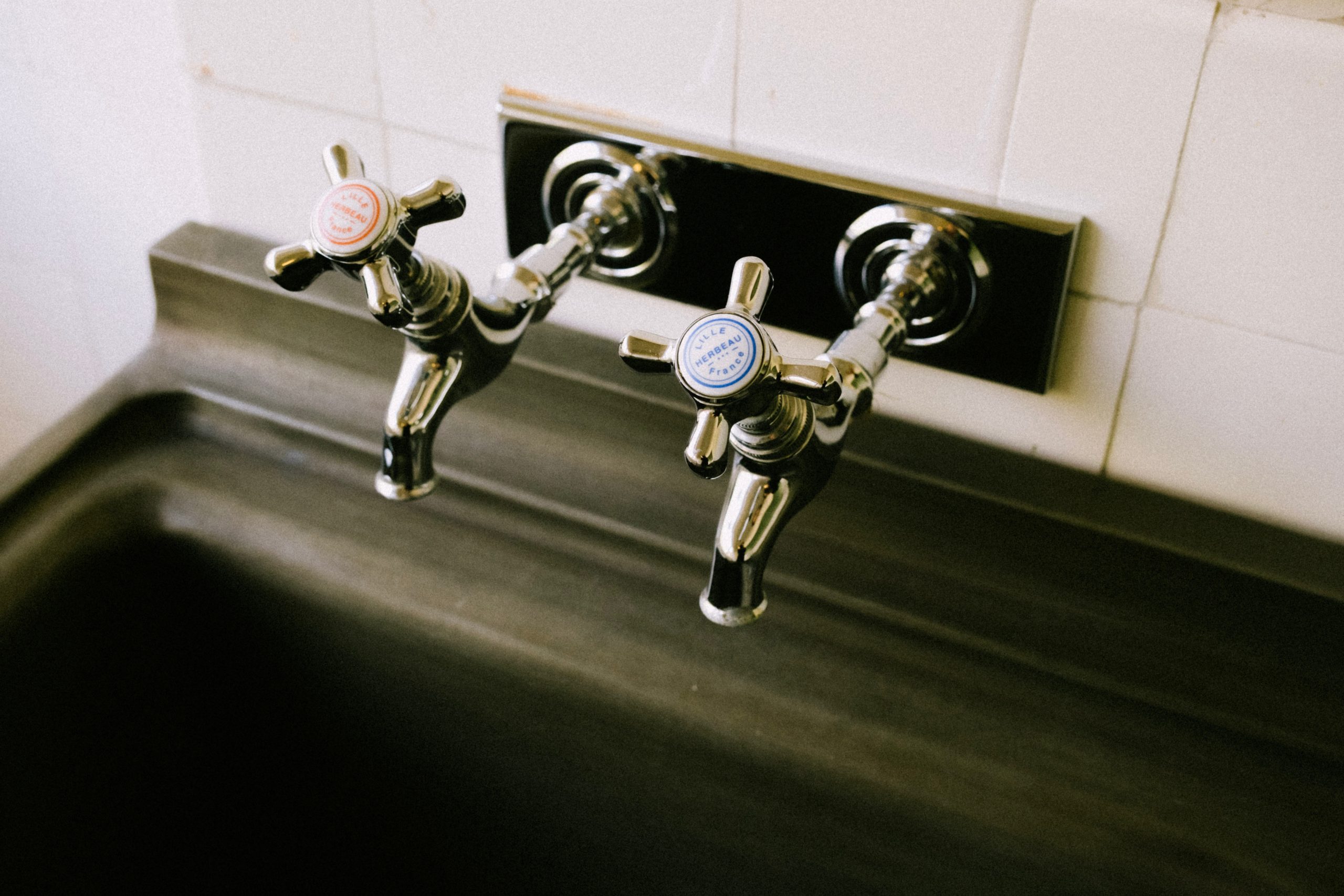
Certifications
Green plumbing certifications provide plumbers with the knowledge and skills to design, install, and maintain sustainable plumbing systems.The USA has several regulations and standards that govern sustainable plumbing in buildings.The Environmental Protection Agency (EPA).
Standards for Sustainable Plumbing
Established the Water Sense program, which is a voluntary program that promotes water-efficient products and practices. The WaterSense program provides guidelines for water-efficient products such as toilets, showerheads, and faucets. by green plumbing organizations.
Regulations in the USA
The American Society of Plumbing Engineers has founded the Sustainable Plumbing Design Standard, which provides guidelines for sustainable plumbing systems in buildings. The standard includes recommendations for water conservation, energy efficiency, and wastewater treatment.Sustainable plumbing materials and techniques can help reduce the environmental impact of plumbing systems in buildings. Plumbing materials such as copper and plastic can be recycled and reused, reducing waste and conserving resources.
Sustainable Plumbing
Plumbing techniques such as pipe relining can extend the life of existing plumbing systems, reducing the need for replacement and reducing waste.
Materials and Techniques
Sustainable plumbing techniques such as water-efficient fixtures and rainwater harvesting systems can reduce water consumption and promote water conservation.
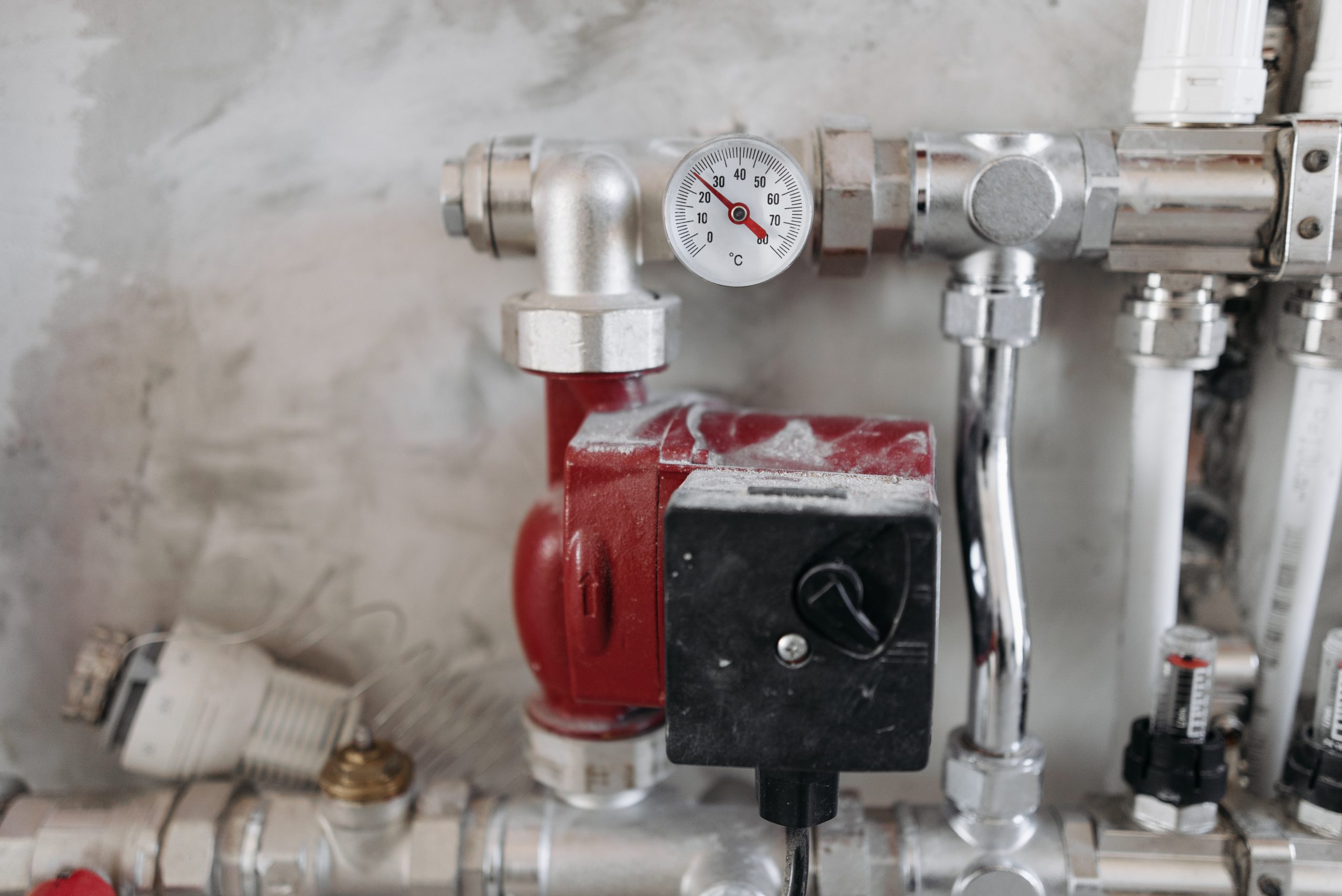
Benefits
Sustainable plumbing systems offer several benefits for building owners and occupants. Water-efficient fixtures and rainwater harvesting systems can reduce water bills and promote cost-effectiveness.
Sustainable Plumbing for Building Owners and Occupants
Energy-efficient hot water systems and water recirculation systems can reduce energy bills and promote energy efficiency. On-site wastewater treatment systems can reduce the dependence on central sewer systems, reducing the risk of sewer backups and overflows. Sustainable plumbing systems also improve indoor air quality and the health and well-being of occupants by reducing the risk of mold growth and other indoor air pollutants.
Plumbers play a critical role in maintaining sustainable plumbing systems in buildings. Regular maintenance of plumbing systems can prevent leaks, reduce water waste, and promote energy efficiency.
Plumbers can also provide preventive maintenance services such as pipe cleaning and maintenance of hot water systems. Plumbers can also perform inspections of plumbing systems to identify potential issues and make recommendations for improvements.
Maintaining Sustainable Plumbing Systems
In case of emergencies such as leaks or backups, plumbers can provide prompt and effective repairs, minimizing damage and restoring the functionality of the plumbing system.Sustainable plumbing designs that promote water conservation, energy efficiency, and responsible wastewater management are expected to become more prevalent in the future

